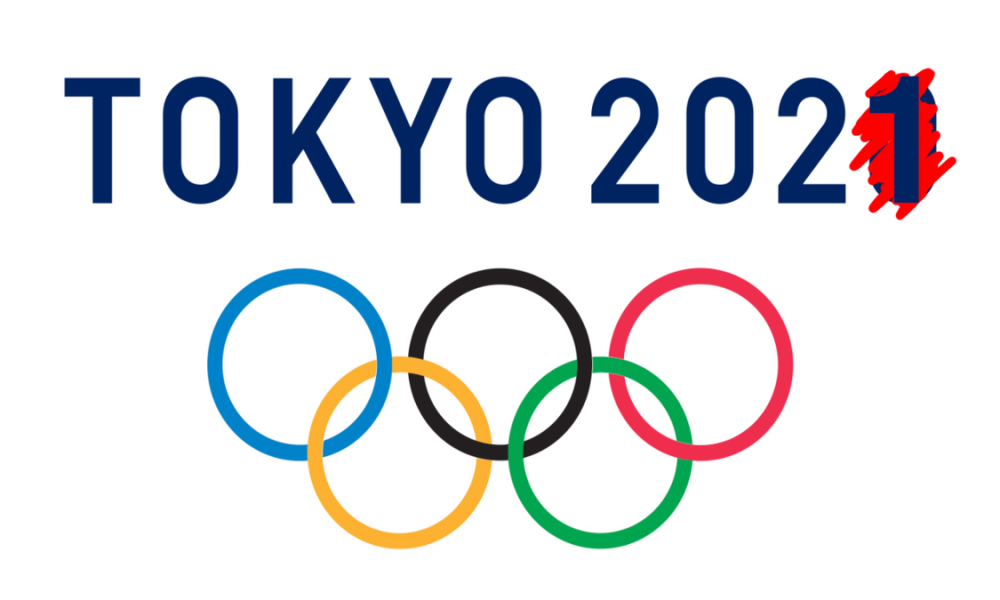Athletes participating in the 2021 Tokyo Olympics must avoid anything that may provoke another COVID-19 wave across Japan, including engaging in sexual activities.
What We Know:
- The International Olympic Committee (IOC) continuously emphasized last week that Olympic village citizens must observe social distancing guidelines. If someone does not obey the rules, they may face fines, disqualification, or deportation. After the information’s release, Japanese organizers began wondering if this meant they cannot distribute their 160,000 condoms throughout the village.
- The issuing out of contraception became a tradition in the 1988 Seoul Olympics. Officials wanted to motivate Olympians in the village to practice safe sex. Oftentimes, athletes tend to sleep with each other, or with natives.
- Several companies and people expressed their concern over the new rules. Mountaineer Ken Noguchi said he “could not comprehend” why organizers can’t just hand out the condoms and ask the owners to “keep them under wraps”. Alongside this, four Japanese condom manufacturers expected to market their “specialty, ultra-thin” prophylactics; the contraceptives, made of polyurethane, are meant to heighten the pleasure of sex.
- In light of the IOC’s declaration, Tokyo Olympics organizers stated they do not intend on passing out condoms for use inside the village. Rather, they want athletes to take the contraceptives home as a souvenir. Organizers claim that athletes can return to their nations and raise awareness on HIV and AIDS with the condoms.
- The IOC’s warning stands despite the fact that 80% of Olympic and Paralympic athletes will be fully vaccinated by the time the games start on July 23. Additionally, officials placed extreme measures on athletes’ interactions outside of competitions. For example, although organizers intended on providing meals in “vast dining halls,” participants must now eat and sleep alone.
The IOC and Japan intend on minimizing any possible damage to the host country. Recently, Japan curbed its coronavirus rate and dropped restrictions. Japanese officials also ensured they will take precautions if numbers jump during the Olympics; this includes putting their state of emergency back into effect in the middle of the Games.


